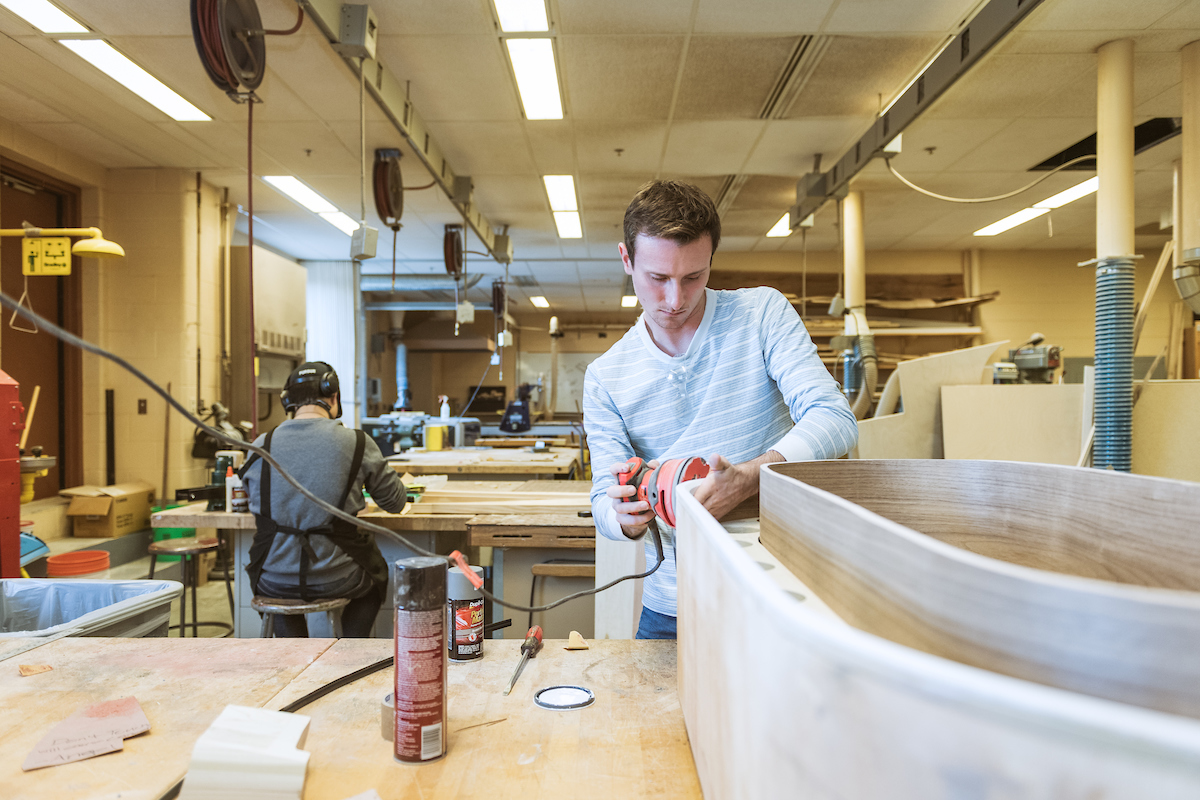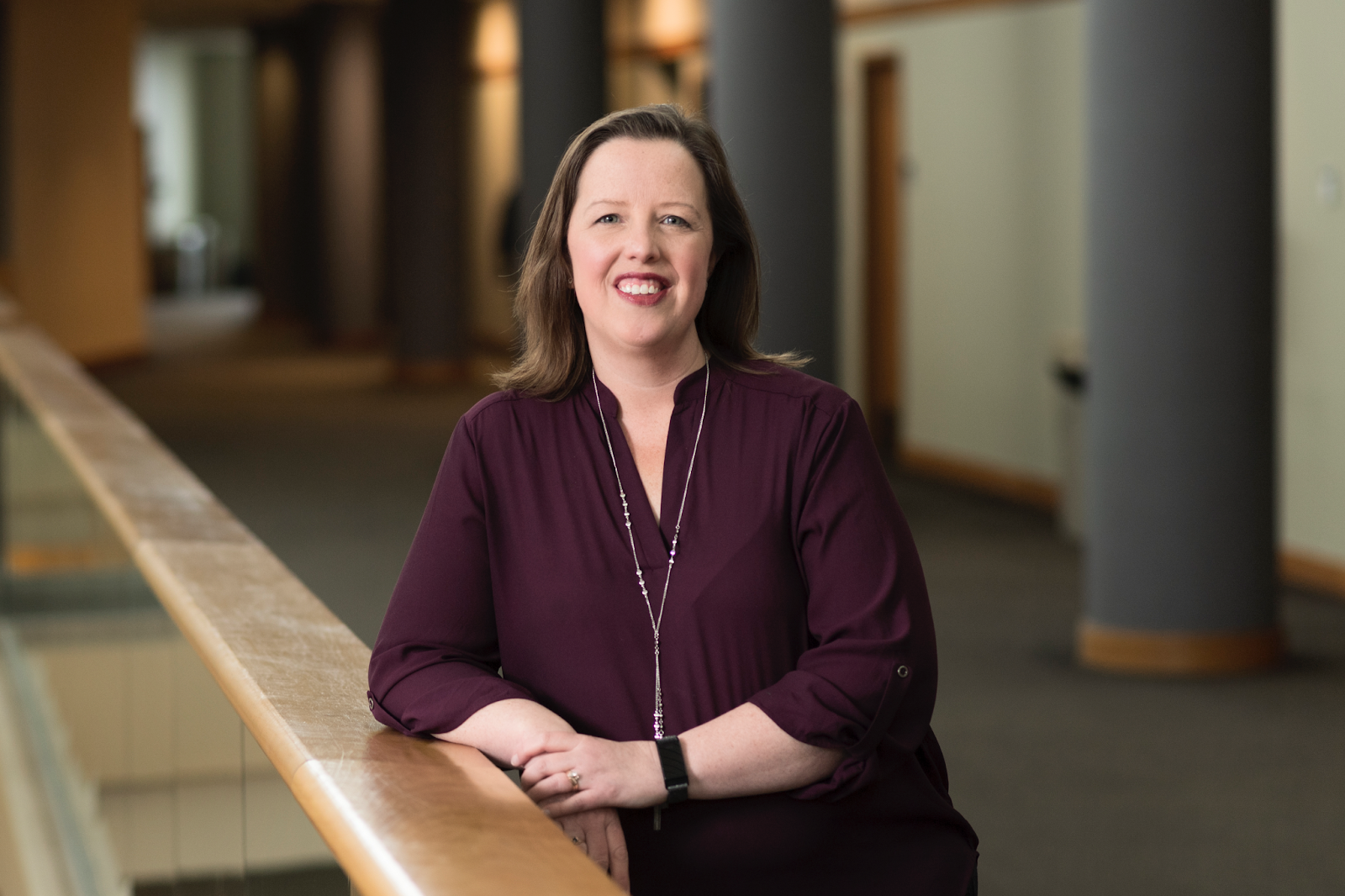Bringing experiential education into focus: Purdue’s model offers a roadmap for other institutions
Purdue University has taken significant steps to define experiential education and bring visibility to internships, service-learning and research.

Experiential education has long been a part of Purdue University, shaping how students learn through hands-on experiences such as internships, service-learning and research. Yet, for much of the university’s history, these practices lacked a unifying identity. That changed when Jennifer Dobbs-Oates and a team of educators set out to formally define experiential education—a process she explores in her recent article in Experiential Learning and Teaching in Higher Education.
The article, “Making Experiential Education Visible Through Definition,” takes a deep dive into how Purdue developed its official definition of experiential education: “Experiential education is a planned pedagogy centering on an authentic experience to strengthen students’ knowledge, skills and abilities, paired with student reflection.”
Dobbs-Oates, associate vice provost for World Readiness and clinical professor of human development and family science, was deeply involved in shaping this definition. In a recent podcast interview accompanying the article’s release, she reflected on the importance of defining the term.
"Experiential education was happening all over Purdue, but there was no common language for it," says Dobbs-Oates. "Internships, co-ops, service-learning, simulations—all of these were scattered across campus with no clear connection to one another."
This lack of clarity became a pressing issue in early 2020 when the COVID-19 pandemic forced institutions to rethink their teaching methods.
"‘Put your courses online’ was a simple policy, but not simple to carry out," Dobbs-Oates recalls. "For faculty like me, whose courses were built around internships and service-learning, it wasn’t clear what that meant. That’s when I realized: experiential education needed visibility. It needed a definition."

With support from the Office of the Provost, Dobbs-Oates led a working group to develop a clear, structured definition to help faculty and administrators identify experiential education and ensure its long-term support at Purdue. The definition, which highlights planned pedagogy, authentic experiences and student reflection, became the launching pad for Purdue’s Office of Experiential Education in 2021.
Looking ahead, Purdue is working to expand experiential education efforts through initiatives such as ExEd Launchpad, a platform designed to track programs across campus.
"The Office of Experiential Education is working hard to bring all of this data together," Dobbs-Oates explains. "We’re ensuring that experiential education continues to grow and that students have meaningful opportunities that connect learning with real-world practice."
Kat Stremiecki, director of the Office of Experiential Education, echoes this vision and outlines several active initiatives supporting the university’s growth in this area.
“With the definition of experiential education as our guide, the Office of ExEd is currently focused on gathering data from faculty and staff about their ExEd activities,” says Stremiecki. “This data will not only assist us with telling the story of experiential education at Purdue, but it will also show us where we need to focus our efforts to scale experiential ed opportunities.”
She adds that the Office of ExEd offers a range of programs to support faculty, staff and students alike. “These programs for faculty and staff include mini grant opportunities, the ExEd Fellows and ExEd Scholars programs, and REImagine ExEd,” Stremiecki says. “We also have programs to support students’ participation in ExEd activities, which include a scholarship and a mini grant program.”
As these initiatives continue to grow, the definition of experiential education serves as a guiding framework—not only for Purdue but for institutions nationwide.The journal article explores how the university’s process can serve as a replicable model for defining experiential education.
"We designed this definition to be broad enough to apply across disciplines but concrete enough to be useful," Dobbs-Oates says. "If other universities can use it to strengthen their own programs, that would be an incredible outcome."
